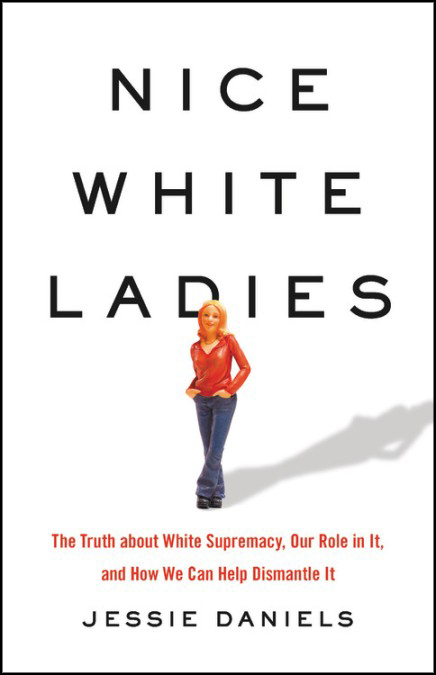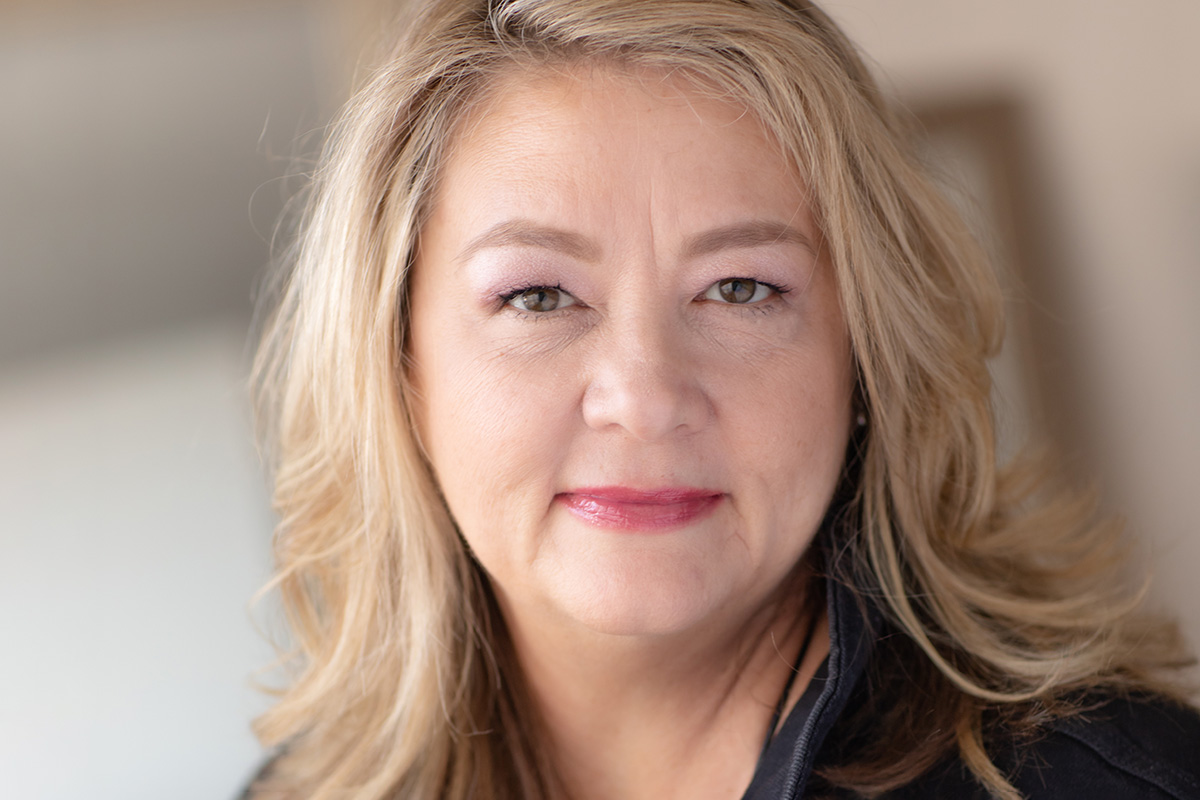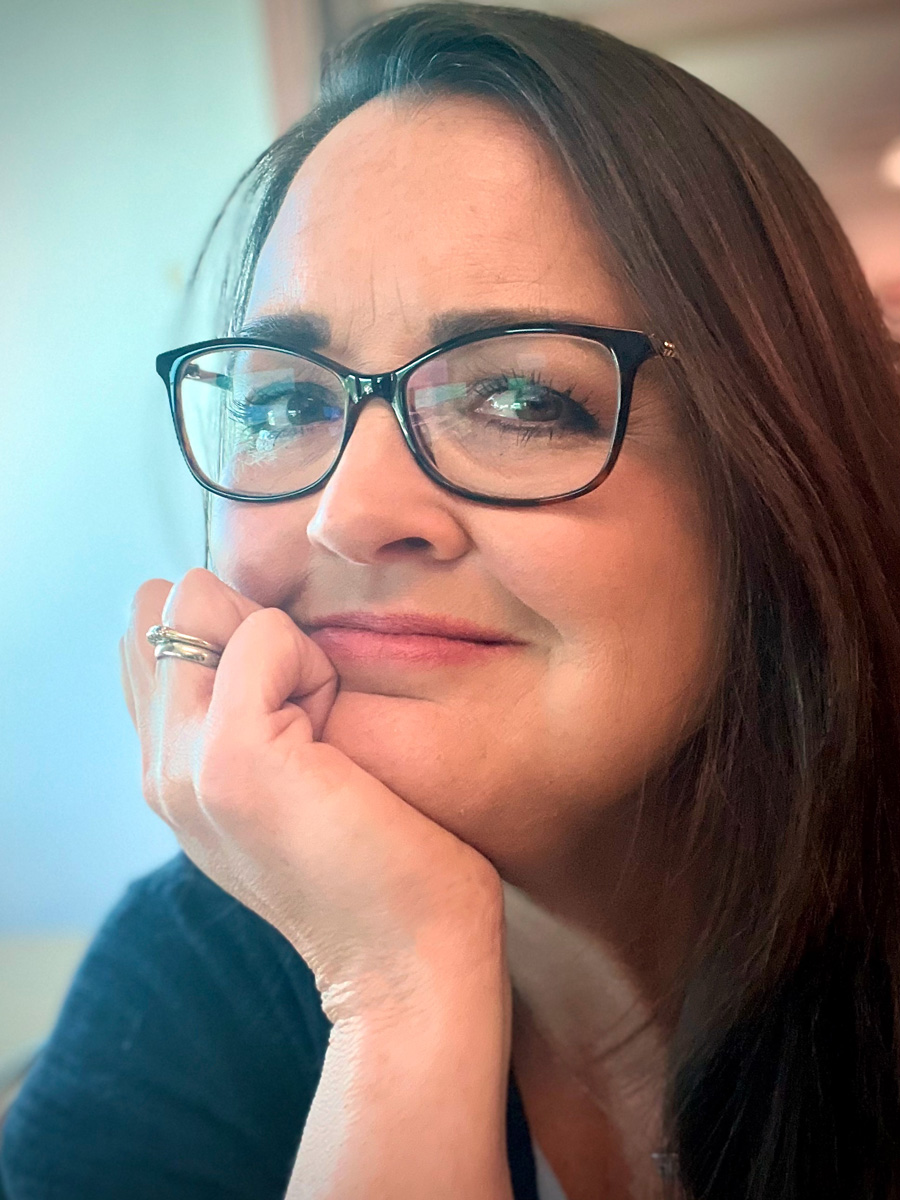Jessie Daniels is doing her best not to be a nice white lady. She is white—a fact that only became fully clear to her as an adult, when she realized that the Cherokee heritage she had long heard spoken of was likely nothing more than a family myth. Her racial identity is a fact, but she is determined not to accept the “nice” and “lady” parts for herself.

In the opening paragraphs of her 2021 book “Nice White Ladies,” she puts it this way: “I have spent half my life in a conscious effort to not be a nice white lady. I have learned to disavow the niceness that is a cover for ignoring the pain of others, to distance myself from the safe emptiness of whiteness, and to detox from the poison of ladyhood.”
Daniels’ driving conviction is that women carrying that appellation have, again and again, been instrumental in the creation and perpetuation of the systemic racism pervading our society. Serious scholarship backs up her personal passion. Daniels is a professor of sociology at Hunter College and a faculty affiliate in Africana studies, critical social psychology and sociology at The Graduate Center, both colleges of City University of New York (CUNY), as well as a faculty associate at the Harvard Berkman Klein Center. She has been recognized internationally for her expertise in the area of Internet manifestations of racism, and has been a scholar in the area of race and racism as it presents in various forms of media for more than 25 years.
Daniels’ latest book, “Nice White Ladies: The Truth about White Supremacy, Our Role in It, and How We Can Help Dismantle It,” was named a Kirkus Best Book of 2021 in the non-fiction category. Tune in Thursday, April 21, at 6 p.m. central to hear her discuss her book and white women’s role in systemic racism with Donna Ladd and Kimberly Griffin on MFP Live on the MFP Facebook page or YouTube channel.
This MFP Voices essay does not necessarily represent the views of the Mississippi Free Press, its staff or board members. To submit an essay for the MFP Voices section, send up to 1,200 words and factcheck information to azia@mississippifreepress.org. We welcome a wide variety of viewpoints.






